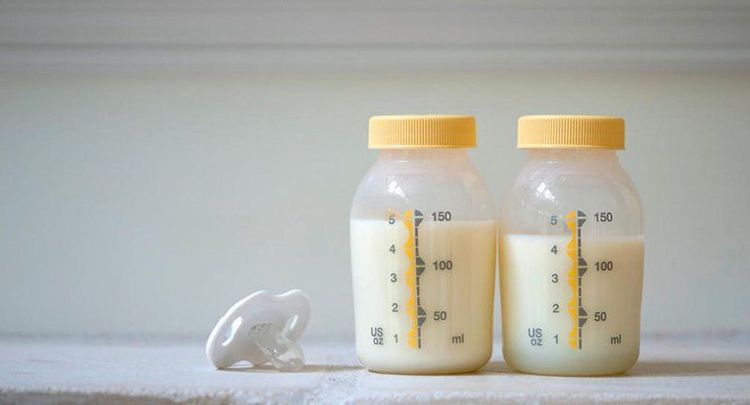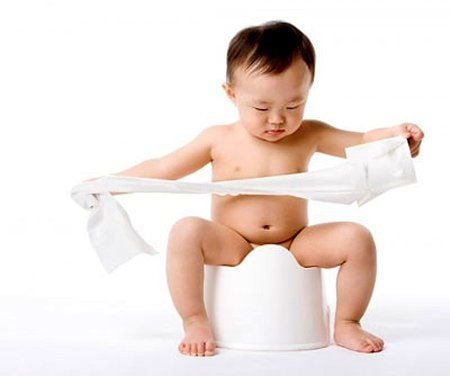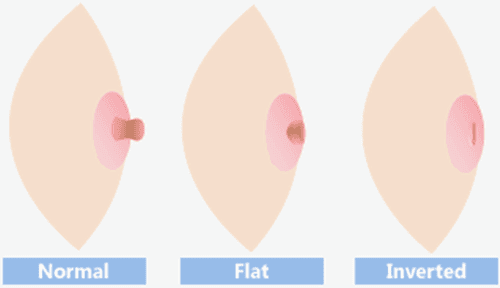This is an automatically translated article.
The article was professionally consulted with Master, Doctor Ngo Thi Oanh - Pediatrician - Department of Pediatrics - Neonatology - Vinmec Ha Long International General Hospital.Exclusive breastfeeding for the first 6 months is a very good thing. However, expressing and storing breast milk requires hygiene with safe storage temperatures.
1. Nutrition from breast milk
Breast milk is the best source of nutrition for infants and young children. Therefore, medical experts around the world encourage mothers to completely use this food during the first years of their baby's life. In particular, babies under 1 year old are required to be exclusively breastfed. The reason is because breast milk contains abundant energy and important nutrients for the development of the baby's body, such as:Proteins Protein Carbohydrates Fat lipids Vitamins and mineral salts These multi-micronutrients have high proportions. The ratio is naturally balanced, completely suitable for the baby's ability to absorb and weak digestive system.
2. How long does expressed breast milk stay warm?
How long warm expressed breast milk can be stored can vary and depends on many factors. Most are based on the ambient temperature of the incubator for accurate determination. In general, breast milk stored at cool room temperature (about 25 degrees Celsius) can be kept for up to 6-8 hours. Specifically, if the temperature is between 19 and 26 degrees Celsius, it is best to store it within 4 hours.The fact is that the lower the temperature, the longer the storage time will be. The above time period will increase when the mother stores the incubation jars in the refrigerator compartment. In case the cold storage temperature is less than 4 degrees Celsius, the ideal storage life of expressed breast milk can be up to 4 days.
In addition, the rewarming of milk when using it also needs to follow the correct rules. Parents can place the bottle under hot running water or soak it in a basin of warm water. It should be noted that absolutely do not put milk in the microwave to reheat. After warming breast milk, it should be used as soon as possible, avoiding prolonged storage to create conditions for bacteria to grow.

Sữa mẹ vắt ra ủ nóng được bao lâu tùy thuộc vào nhiệt độ môi trường lưu trữ
3. How to recognize spoiled breast milk
In addition to knowing how long it takes for expressed breast milk to stay warm, parents also need to have an accurate understanding of the signs of spoiled milk. This will help mothers promptly remove and stop using so as not to adversely affect the child. Accordingly, the simplest way to distinguish is based on the following characteristics:Usable breast milk: Milk will have a slight smell like soap or metal, if left for a long time, it will be separated into separate layers. These signs are quite normal, nothing to worry about. Spoiled breast milk: Milk has a sour and fermented taste, accompanied by curdling. You can also taste the milk to see if it's really abnormal. The process of storing milk bottles at high temperatures for a long time can cause diarrhea in children. When you see loose, mucus, foamy and green stools, accompanied by fever, it is a sign of a gastrointestinal infection. At this time, parents should give the child a lot of water to drink and immediately take him to the hospital to be examined and properly diagnosed by a doctor for timely treatment.

Bú sữa mẹ đã vắt ra để lâu có thể khiến trẻ bị tiêu chảy
4. Take care to store expressed breast milk properly
Storing expressed breast milk in hot incubation for the specified time helps babies absorb this wonderful source of nutrition in the safest way. However, experts say that ensuring safety and hygiene, as well as keeping the content of micronutrients and nutrients inherent in breast milk after being expressed, is not easy. Therefore, parents need to keep in mind the following precautions to help preserve milk properly:Choose glass or hard plastic milk bottles with tight lids Specialized milk storage bags can be used. Used to store expressed milk Do not overfill or spill milk in the milk container, always leave a small gap as frozen milk will take up more volume than liquid Each milk storage bottle/bag should only be contains about 60-120ml of milk, corresponding to a child's meal in 1 feeding. To ensure that the mother's milk supply is always full and ready to be provided to the baby, storing milk for savings is a good method that many mothers pass on to each other. . Milk can be preserved by cooling or freezing bags of milk in the refrigerator, or heating bottles of milk until the baby's meal time.
However, mothers should also carefully learn about how long is the maximum time for warm expressed breast milk, as well as how many days cold milk is ideal. This is an important factor not only to help the baby receive the full nutritional essence from breast milk, but also to prevent the child from having diarrhea or other gastrointestinal diseases.
There are many mothers in the process of breastfeeding with blocked milk ducts. When the milk duct is blocked, the mother needs to feed the baby more, actively sucking milk to let the milk out. If the condition does not improve, then you should seek the help of professional milk duct unblocking units or go to the hospital for advice from a doctor.
Currently, at Vinmec International General Hospital, spinal manipulation method is applied to treat blocked milk ducts after giving birth without using drugs. With the spinal manipulation method, the treatment technician mainly uses the fingertip software to act on the patient's back spine to adjust and open the milk glands, help clear rays, and soften the breast.
In addition to the treatment of blocked milk ducts, the spinal manipulation method also treats the following diseases:
Headache, migraine Vestibular syndrome Cerebral circulatory insufficiency, Paralysis of the 7th cranial nerve Peripheral hemiparesis cerebrovascular accident Neck and shoulder pain Shoulder periarthritis Back pain, hip pain, sciatic nerve pain Knee joint pain Disc herniation Numbness in hands and feet Stomach-reflux syndrome Bronchial asthma Sweaty feet and hands Restore breast milk supply, blocked milk ducts, lack of milk, loss of milk. For more nutritional knowledge and child care for each age, parents should regularly visit the website vimec.com and make an appointment with the leading doctors, pediatric and nutrition experts of the International General Hospital. Vinmec when needing advice on children's health.
Please dial HOTLINE for more information or register for an appointment HERE. Download MyVinmec app to make appointments faster and to manage your bookings easily.













